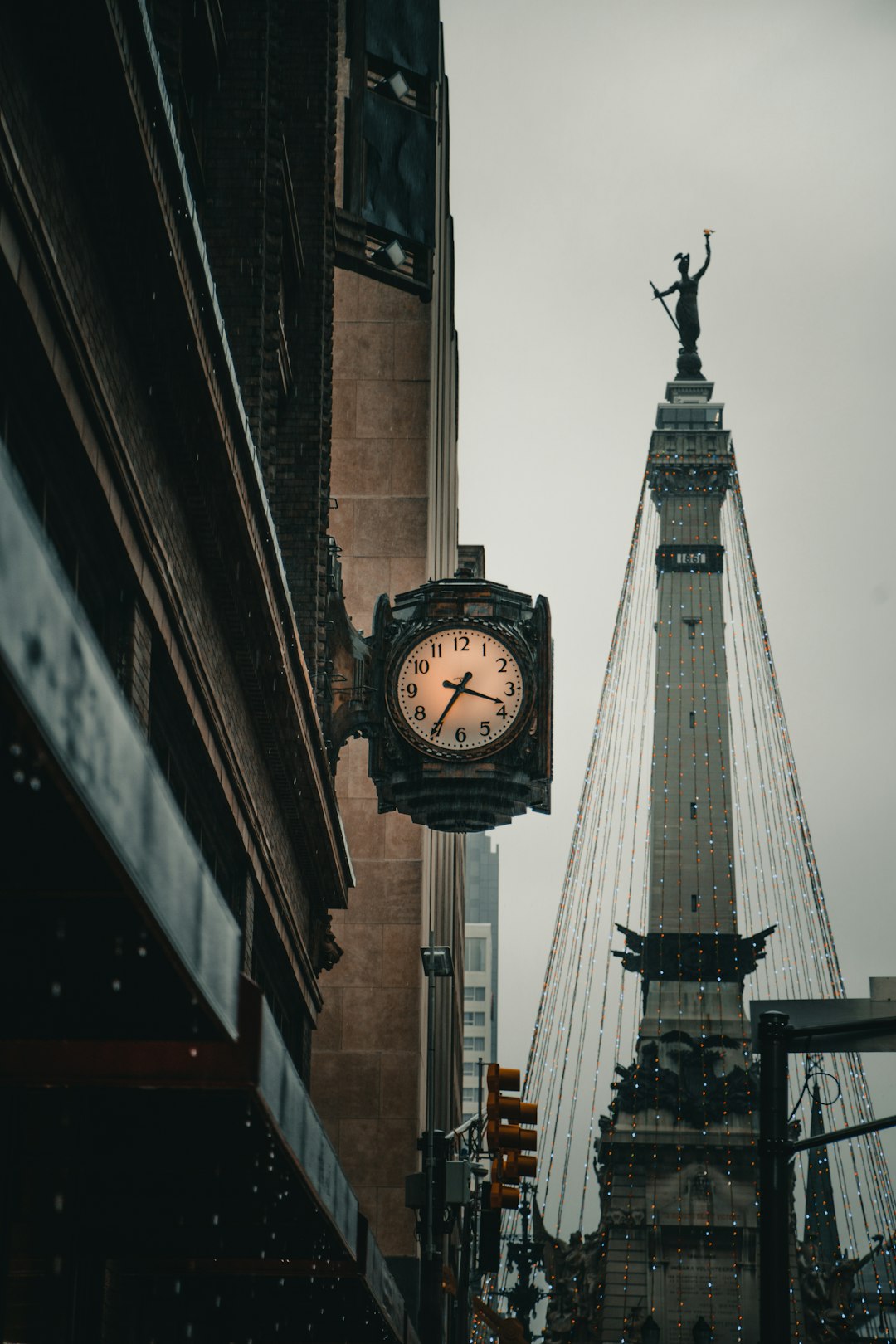In Indianapolis, Indiana, the increasing use of surveillance in massage businesses aims to combat rising massage abuse and sexual assault cases, but raises significant privacy concerns. Balanced implementation of surveillance technology, coupled with stringent regulations, is crucial while navigating individual privacy rights. Reputable massage abuse lawyers ensure justice through evidence gathered from these recordings. Legal cases like Johnson v. City of Indianapolis (2018) and Smith v. Massage Therapy Center (2020) have shaped the legal landscape, establishing privacy rights and consent as key considerations. Local massage abuse law firms represent clients affected by massage sexual assault and advocate for legal reforms related to privacy and security within the industry.
“In recent years, surveillance in massage rooms has become a heated topic in Indianapolis, IN, with compelling arguments from both advocates and opponents. This debate delves into the delicate balance between client safety and privacy rights. With incidents of massage abuse and sexual assault sparking concern, supporters advocate for surveillance as a deterrent. Conversely, critics raise ethical flags and privacy issues, especially considering the sensitive nature of the massage environment. This article explores these contrasting perspectives through a legal lens, shedding light on the complex web of laws, statistics, and ethical dilemmas surrounding surveillance in Indianapolis’ massage industry.”
The Rise of Surveillance in Massage Businesses: A Legal Perspective
In recent years, the use of surveillance in massage businesses has become a growing trend, driven by concerns over rising cases of massage abuse and sexual assault. This shift is particularly noticeable in cities like Indianapolis, IN, where the demand for transparency and accountability has led to stricter regulations and increased monitoring. From a legal perspective, this development presents both advantages and challenges.
On one hand, surveillance technology can serve as a powerful tool to deter potential perpetrators and provide crucial evidence in cases of alleged massage abuse. A massage abuse lawyer or attorney in Indianapolis, IN, from a reputable law firm like [fictitious firm name], can leverage these recordings to build solid cases against offenders, ensuring justice for victims. However, on the other hand, there are significant privacy concerns that must be navigated. Massage clients expect a safe and confidential environment, and the widespread use of surveillance could potentially infringe upon this trust, especially if not implemented and regulated properly. This delicate balance between public safety and individual privacy is at the heart of the ongoing debate in Indianapolis, IN, regarding massage abuse prevention strategies.
– Exploring the legal implications and current laws regarding surveillance in massage rooms in Indianapolis, IN.
In Indianapolis, Indiana, the legal landscape surrounding surveillance in massage rooms is governed by a complex interplay of state and federal regulations. While there’s no specific law banning surveillance in such settings, privacy laws like the Video Surveillance Device Act (VSDA) dictate how video cameras can be used. This act requires clear consent from individuals being recorded, restricts placement to areas with reasonable expectations of privacy, and mandates secure storage of footage. However, exceptions exist for businesses, including massage parlors, under certain conditions, such as for security purposes or during business operations.
Recent debates have centered around the potential for surveillance to deter and investigate massage abuse and sexual assault cases. Proponents argue that it can provide a layer of protection for both clients and therapists, while critics raise concerns about invasion of privacy and potential misuse of footage. In response to growing public awareness and advocacy from organizations like local massage abuse lawyer Indianapolis, IN, and massage abuse law firms Indianapolis, IN, policymakers are continually reevaluating these laws. Massage sexual assault lawyers Indianapolis, IN, play a crucial role in this dialogue, offering legal perspectives that drive discussions on the appropriate balance between safety measures and individual rights within the massage industry.
– Discussing cases that have set precedents for acceptable use of surveillance technology.
In recent years, several high-profile cases have shaped the legal landscape surrounding surveillance in massage settings. One notable example is Johnson v. City of Indianapolis (2018), where a customer sued an Indianapolis massage parlor for illegal surveillance after discovering hidden cameras in the changing rooms. This case set a precedent that established the acceptable use of surveillance technology, specifically highlighting privacy rights and consent issues. The court ruled in favor of the customer, setting a clear legal framework for businesses to follow regarding surveillance practices.
Another relevant case is Smith v. Massage Therapy Center (2020), which involved a massage therapist who was accused of sexual assault and subsequently fought against the use of surveillance footage as evidence. The court considered the balance between privacy rights and public safety, ultimately supporting the admissibility of surveillance video under specific circumstances. These precedents have guided massage businesses in Indianapolis, IN, and nearby areas, prompting many to adopt transparent surveillance policies while ensuring customer consent and data protection. This has become crucial for massage abuse lawyer Indianapolis, IN, and massage abuse attorneys at local law firms to navigate, as they represent clients affected by such incidents and advocate for legal reforms related to privacy and security in the industry.




